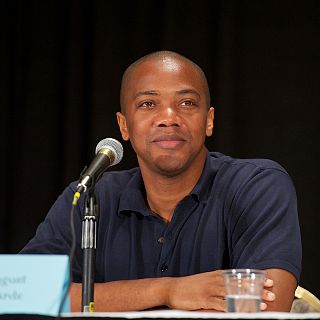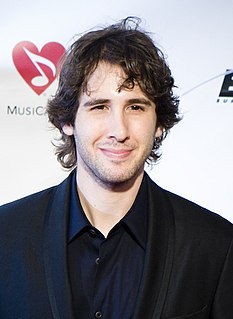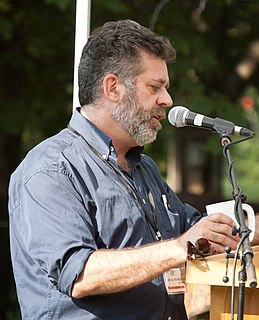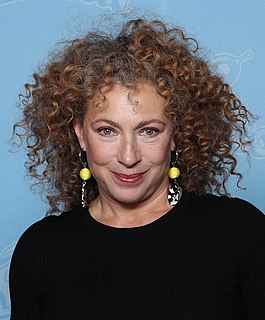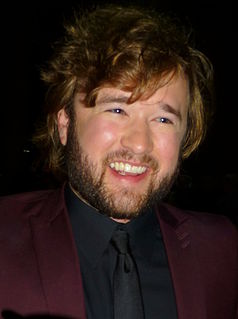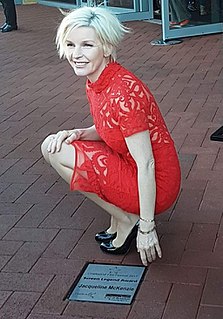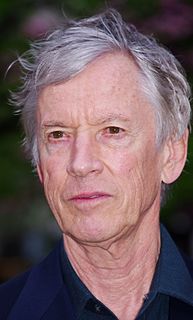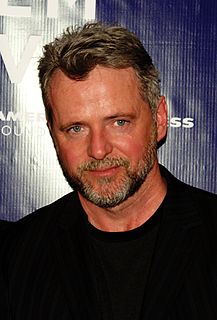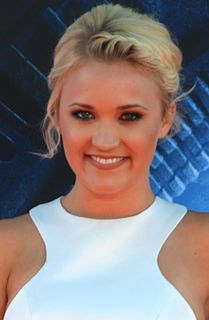A Quote by J. August Richards
Everything I've ever learned about acting - and I went to theater school - was about playing what the character wants and throwing yourself fully into going after what the character wants.
Related Quotes
I was raised in New York City and raised in the New York City theater world. My father was a theater director and an acting teacher, and it was not uncommon for me to have long discussions about the method and what the various different processes were to finding a character and exploring character and realizing that character.
It's hard to say what you learn acting a part. You find bits and pieces of yourself that are inside the character you play. You locate the relatable aspects of that character to your own life. So, in a way, every part you play forces you to discover things about yourself you might not have learned otherwise.
The first thing that happens is the cleansing of the former character. I don't think a lot of actors talk about it, but there is usually a process where you essentially purge yourself of the character played prior to the movie. Then you want to think about what the character represents, and you write down all of the elements about this character and then take the time to find some synchronicity and start breathing the character.
Team Hillary [Clinton] after everything came out the other night, they said, she just wants to talk about the issues. She wants to have a debate about the issues. Really, is that what their ads are about? Is that what the filth they peddle every day my candidate Donald Trump is about - they want to talk about the issues - lets talk about Obamacare its a disaster?
What I didn't realize about television was that's true of acting, as well. You have that space of time to develop who you are, and you can use more and more of yourself. The lines between that character that I'm playing and myself become more and more blurred and, after awhile, they just disappear, altogether.
My thing about looking good is that it should be the character. If I'm playing a character who's concerned about his body - an athlete, say - I'll get in shape. If I'm playing a character who doesn't or wouldn't, I don't. I almost never get in shape for a movie, even though I know it would be a good career move.
